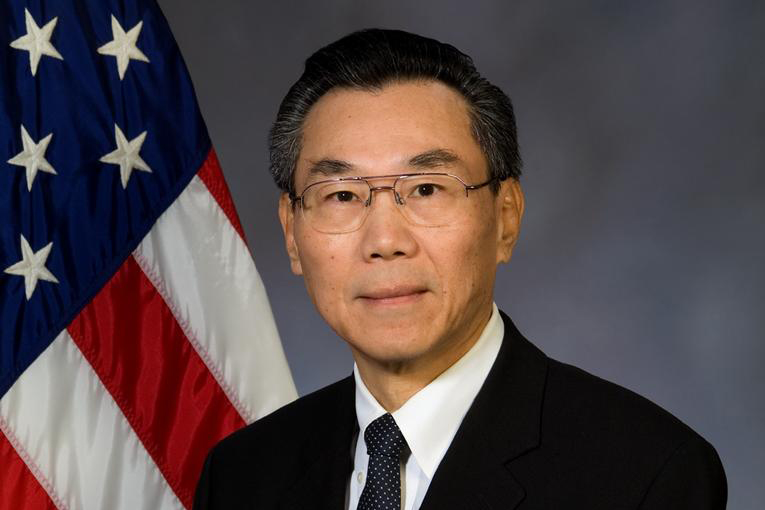1 November 2017
James Meng On Diving Into the Big Data Revolution
By David Washburn

Name: James Meng
Course: LEAN Big Data Analytics: Building a Path to Data Transformation Success
James Meng has always been an engineer. But that’s where the predictability of his career path ends.
Born in the mainland China city of Chongqi during WWII, Meng earned a mechanical engineering degree from National Taiwan University and eventually immigrated to the United States. Fast-forward to the late 1990s and Meng evolved into a systems engineer designing torpedoes and other weapons systems for the U.S. Navy.
By the time he retired in 2015, he had risen to the position of Deputy Assistant Secretary of the Navy in charge of business enterprise solutions and was leading efforts to integrate large-scale systems in an operation that is equivalent in size to some of the world’s largest corporations. Specifically, he led the effort to implement common standards, architectures and integration of business intelligence. He also supervised a significant upgrade of the Navy’s financial management systems.
Rather than live the quiet life of a retiree, Meng is now engaged in work that is as consequential as anything he’s ever done -- the big data revolution. As a visiting scholar at the San Diego Supercomputer Center, Meng is trying to figure out how to unleash the full potential of the countless databases that shape our lives.
Why is big data analytics so important?
We are only seeing the beginning of the impact. How you shop has changed, how you spend money, how you travel, how you stay in a hotel…and it is all part of a revolution in the use of artificial intelligence (AI). The largest change will be [the implementation of] far more personal health care. It will be more pinpointed than the way it is now. We are very fortunate to be living during this time.
How far are we from some of the more revolutionary changes that you talk about?
The U.S. needs 1.5 million data managers to solve the problems that the enterprise data transformation presents. We have the ability to execute huge data transformations, but we have these huge gaps.
We have a lot of closed systems that have to be manually fed to interface with others. All of the big data practitioners complain that 80 percent of their time is spent searching for and cleaning the data, rather than doing the analysis that their jobs are calling for. Without addressing those gaps, 80 percent of effort is waste. If we can complete data transformation we can double our productivity, which is not an exaggeration. If you eliminate 50 percent waste, you double productivity.
We have both an opportunity and a mandate – if we do not do this, we will be overtaken by international competition.
What advice would you give someone looking to enter this career field?
Learn the data transformation best practices as soon as possible. I think back and wonder why am I the only one pushing this? And I think it is because of my unique background (in the Navy). I had two opportunities to deal with systems that are on a larger scale than just about anything else…my goal is to make it easy for students to absorb and make it possible for them to apply it wherever they go and create successful data transformations.
Going forward, what are the challenges facing those who work in your field?
The largest challenge - in addition to the systems - is cultural and human behavior challenges. It’s dealing with the unknown, uncertainties and fear. There are ways to deal with it using change management, but you have to take the correct approach and have the right tools. Those insights are critical but haven’t been included in university curriculums.
You have some heavy hitters lined up as guest lecturers, what will they bring to the class?
These are people from world-class big data companies. They are in constant contact with their customers and feel the pain on the issues I’ve brought up. And they have come up with approaches to deal with the pain. It’s like other doctors coming in to consult with the same patient that I am seeing…it gives the patient confidence that this is the correct treatment.
Here is a rundown of the guest lecturers:
-
Dr. Michael P. Haydock, IBM Global Business Services, will talk about IBM cognitive computing and the company’s future vision.
-
Dr. Pieter De Leenheer, co-founder of Collibra, will lecture on the alignment of business with data.
-
Mr. Kevin Fleet, VP of strategic services for Informatica, will talk about data integration and governance.
Learn more about the course or register online, or feel free to contact the department at unex-tech data@ucsd.edu or 858-534-9152 with any questions.